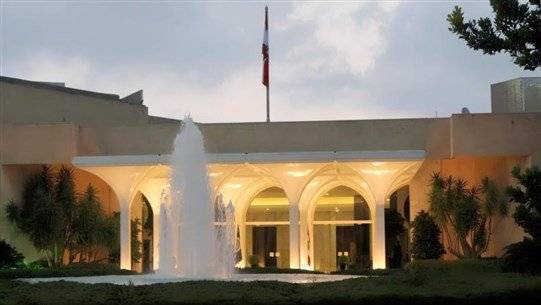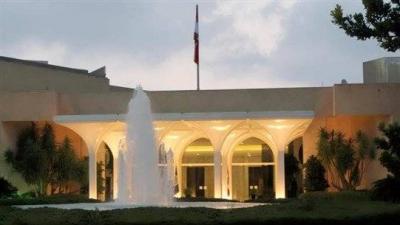"Without excess and without deficiency" - from the title of a book by Ghassan Al-Rifai, regarding the role of the revolution's deputies, it can be said with a clear conscience that they have brought about a qualitative change in the composition of the parliamentary council and its working mechanisms, even though their number is not enough to alter the balance of power. For the first time in its history, a bloc is formed outside of traditional alignments; it is neither right nor left, neither a Lebanese front nor a national movement, neither a framework nor an alliance. A bloc that was not brought forth by anyone from beyond the borders or outside the will of the people, free from guardianship, occupation, or manipulations. Its strength comes from the power of those who brought it forth, not from its number. It constitutes only ten percent of the parliament, and it has not yet succeeded in forming solid alliances with other blocs. However, it has succeeded, despite its recent establishment and the recency of this parliament, in laying the groundwork to expose the cheap maneuvers, trivial representations, and fabricated conflicts that have concealed the realities of the ongoing Lebanese crises. The mentalities, forms of conflict, and parliamentary assemblies have been repetitive and do not reflect the competencies of the Lebanese, both residents and expatriates, in fields like science, medicine, art, sports, and economics. The Lebanese people are one of three peoples in the world, alongside the Chinese and Armenian peoples, who have spread across the earth with all forms of creativity, yet their representatives in parliament have remained small-time politicians who thrive on crumbs.
With a minimum of freedom to choose, the Lebanese voter, especially expatriates, has unraveled the secret of the latent tyranny that was hidden behind masked thieves, until the revolution came and revealed their masks in the streets; until the bloc of revolutionary deputies exposed their deceptions and the falsification of the popular will in the council, shedding light on rotten backroom dealings permeated with political depravity. For the first time in parliamentary history, newspapers headline discussions about thugs, street children, and local miscreants. Is it conceivable that Lebanese creativity, with the latest basketball heroes among them, is represented by such individuals? Is it acceptable that a group of thieves and corrupt individuals manages the wealth of the Lebanese diaspora?
On a personal level, some may err, and others may succeed, but their effectiveness stems from the effectiveness of the revolution. Their presence in the council is proof that the revolution, which has deeply wounded its protesters, has not been extinguished but has created deputies, and the people are pinning their hopes on them to forge a president through unconventional selection mechanisms. It is true that the presidency is a point of intersection for Lebanese, Arab, regional, and international interests; although the current term, according to some claims, is a Lebanese production, the revolution has identified the root of the disorder. It is not a geographical issue but a constitutional one. The intersection with Fouad Chehab was not bad, nor is the Lebanese production in Michel Aoun's presidency a source of pride. The ideal president for managing the country during both its revival phases or crises is one who respects the book, namely the constitution, as Fouad Chehab expressed.
In the previous presidential election, before the uprising turned into a revolution, the groups fell into the old game’s laws and were divided between supporters of this or that candidate from among those resisting and obstructing. The "Civil State Meeting," which included more than twenty groups, fell apart due to the mistake of yielding to the logic of choosing between bad candidates. This time, the rules of the game have changed after the uprising transformed into a revolution, which now has a program and representatives in parliament. Clearly, the revolution's deputies are not the ones who will create the president, but their voice will carry a different weight in the course of the crisis. They are part of a new equation focused on protecting the state, sovereignty, and constitution.




